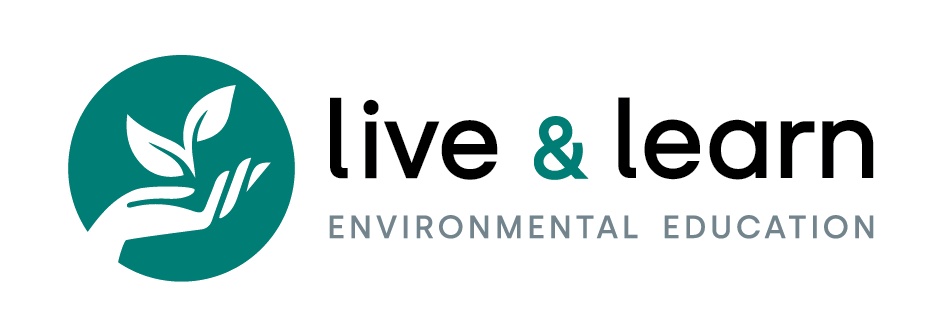The community of Naliut in Papua New Guinea is embracing traditional knowledge and community spirit. Recently they hosted a workshop as part of the Climate Resilient Islands Indigenous Knowledge Leadership Programme (IKLP). This proved to be a pivotal moment for both the community and ongoing efforts within the Climate Resilient Islands (CRI) Programme to promote social inclusion alongside climate resilience.
The IKLP is designed to revive and strengthen traditional cultural practices. This involves mapping out Indigenous knowledge, identifying local expertise and understanding the current situation in collaboration with communities. CRI facilitators visited the community of Naliut for several days to conduct activities and learning events as part of the programme.

Residents of Naliut showcasing taro planting
CRI facilitator Ruth, said that the programme was a huge success and that, ‘The community had everything they needed already prepared before we arrived…We had plenty of young boys and girls who were very excited to learn about their own ways of living and the kastom. They said this is something we have to carry on, “We cannot let this knowledge slip away.” This sentiment encapsulated the spirit of Naliut, where cultural preservation and environmental stewardship walk hand in hand.
The participants showcased a variety of Indigenous skills and knowledge for the youth, in particular about fisheries and the ocean as well as ways of taro planting and making kastom canoes. Women also presented basket weaving techniques and shell handicrafts. The community’s enthusiasm was not limited to sharing; it extended to action. The elders, alongside the youth, expressed a collective resolve to engage in ecosystem conservation. More than just tradition, participants recognised this information as key to future resilience.

At the heart of this movement was the Maimai (Chief), a dedicated local leader who co-facilitated the event. The Maimai cross-translated Tok Pisin into Tok Ples, sometimes using words that are not often spoken anymore. Elderly women contributed invaluable insights into the sessisons by sharing wisdom from their lived experience. Together, they revived phrases and names for marine life, crops, canoes and pest control plans, keeping the language alive.
The CRI team recognises that by prioritising local wisdom, climate resilience initiatives can be enhanced to better include marginalised voices and create sustainable impact. Live & Learn PNG country manager Rosemary commenting that, ‘This balance of Indigenous knowledge and science sets a strong foundation for our next steps.’ The expertise of the Naliut community in protecting and managing their local ecosystems can tie in to programme implementation and ensure that knowledge holders remain valued members of society.

